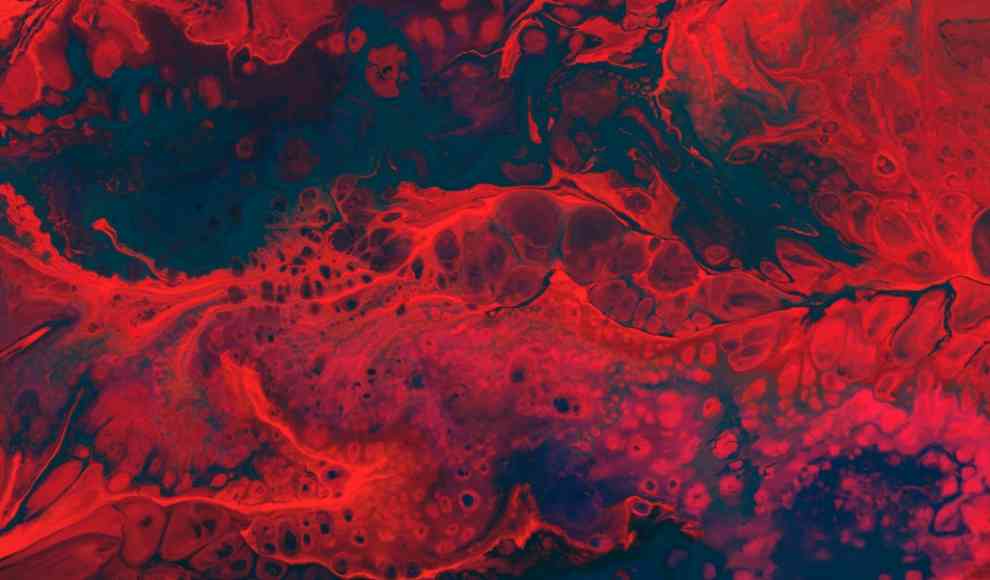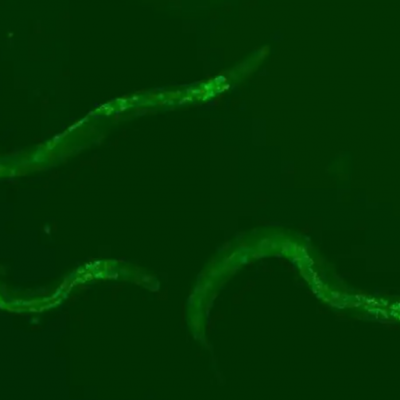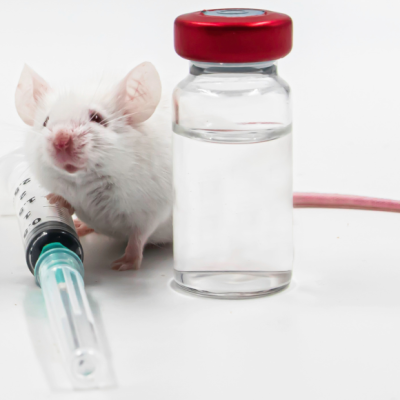A recent study conducted by scientists at the Weill Cornell Medical College in New York has found that an increased concentration of Methylmalonic acid (MMS) in the blood of older people can cause cancer cells to become more aggressive and resistant to medication. The accumulation of carcinogenic environmental factors over time, combined with the declining performance of the cell’s DNA repair mechanism, increases the risk of cancer as people age. Additionally, tumors in older people are typically more aggressive and more likely to metastasize. However, the cause of this was previously unknown.
To investigate this further, the researchers used blood samples from 30 healthy individuals under the age of 30 and 30 healthy seniors. They then used a nutrient solution to cultivate cancer cell lines in the laboratory. The results showed that the tumor cells in the blood of young people did not change significantly, while those in the blood of older donors exhibited aggressive behavior, invading surrounding tissue and developing resistance to chemotherapy drugs such as Carboplatin and Paclitaxel. Subsequent animal experiments with mice confirmed these observations.
The researchers found that there are circulating factors in the blood that become more aggressive with age and cause tumor cells to become more aggressive. They identified three metabolites that are significantly more common in the blood of older people, with Methylmalonic acid (MMS) being solely responsible for the higher aggressiveness of tumor cells. This molecule is present in the blood of young people but is up to 100 times more concentrated in older people. The accumulation of MMS is linked to aging and cancer growth, and the identification of this mechanism could help in the development of new therapies for advanced cancer.










